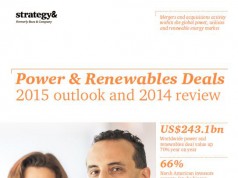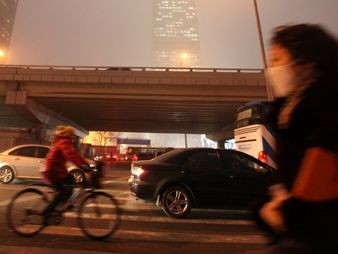From the deliberations at the Summit, it was clear that there is going to be a democratization of global energy markets, which will lead to diversification of resources. The US shale gas revolution, the lifting of Iran sanctions, the shift in the markets for OPEC, the growing economies of Asia – particularly India and China – as well as geopolitical developments across the globe will result in a new set of energy parameters in the next five years.
Though coal will continue to dominate the energy mix in the region, there is going to be a restriction on coal exports from Indonesia as production is increasingly diverted to domestic markets. There will also be a rise in the percentage of use of natural gas in the years to come. It was also pointed that nuclear power is going to be a very important part of a global energy portfolio with Asia dominating the future of nuclear energy. Besides this, the Asian countries are endowed with bountiful renewable resources, be it wind, solar or hydropower, which have the potential to contribute greatly to the total energy consumption of nations.
Sharing of resources by way of electric power resources was discussed in a Panel Discussion on trans-national trade of electricity. The panellists agreed that factors such as diversity in terms of seasonal variations, differences in peak energy utilization time and working days make cross-border trade of electricity a very attractive option for achieving energy security. A follow-up Workshop was finalized to be held in Kathmandu, Nepal, in collaboration with the SAARC Energy Center to discuss the Harmonization of Regulations for trans-national trade in the SAARC region.

The Session on security of infrastructure summed up the importance of safety of critical energy infrastructures from terror attacks, such as the Algeria hostage crisis, piracy and cyber threats. It was recognized that security of critical infrastructure is one of the important considerations to be kept in mind for ensuring energy security.
For more information on the AESS, visit www.asiaenergysecurity.com.
Source: IPPAI.
The Independent Power Producers Association of India (IPPAI) is a not-for-profit association that was set up in 1994, shortly after the Government of India opened power generation to private players. It was set up initially with the idea of providing a neutral forum to facilitate private sector investments in the Indian Power Sector through the IPP model. The forum enabled discussion and debate on various issues and bottlenecks faced by the private investors as the power industry moved from command to market economy. It presently functions as an independent body that provides a neutral platform for the discussion and examination of issues critical to the sustainable development of the private power sector in India. For more information, visit www.ippai.org.



















